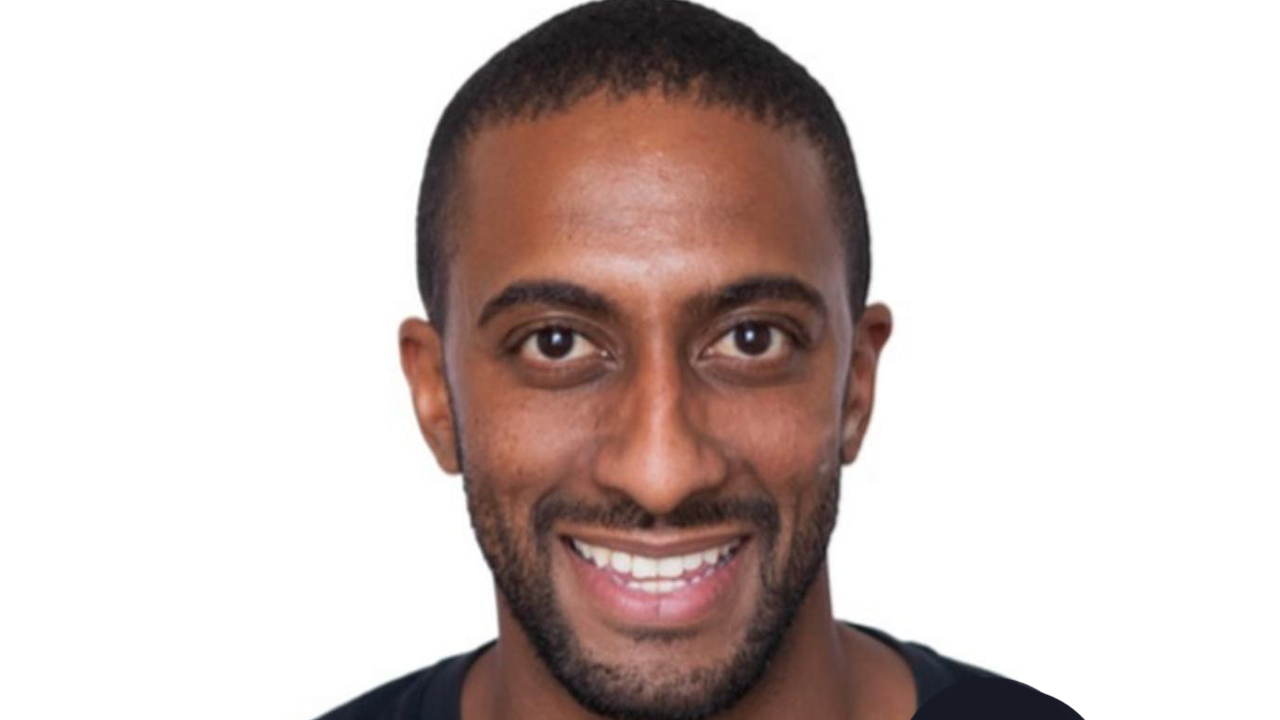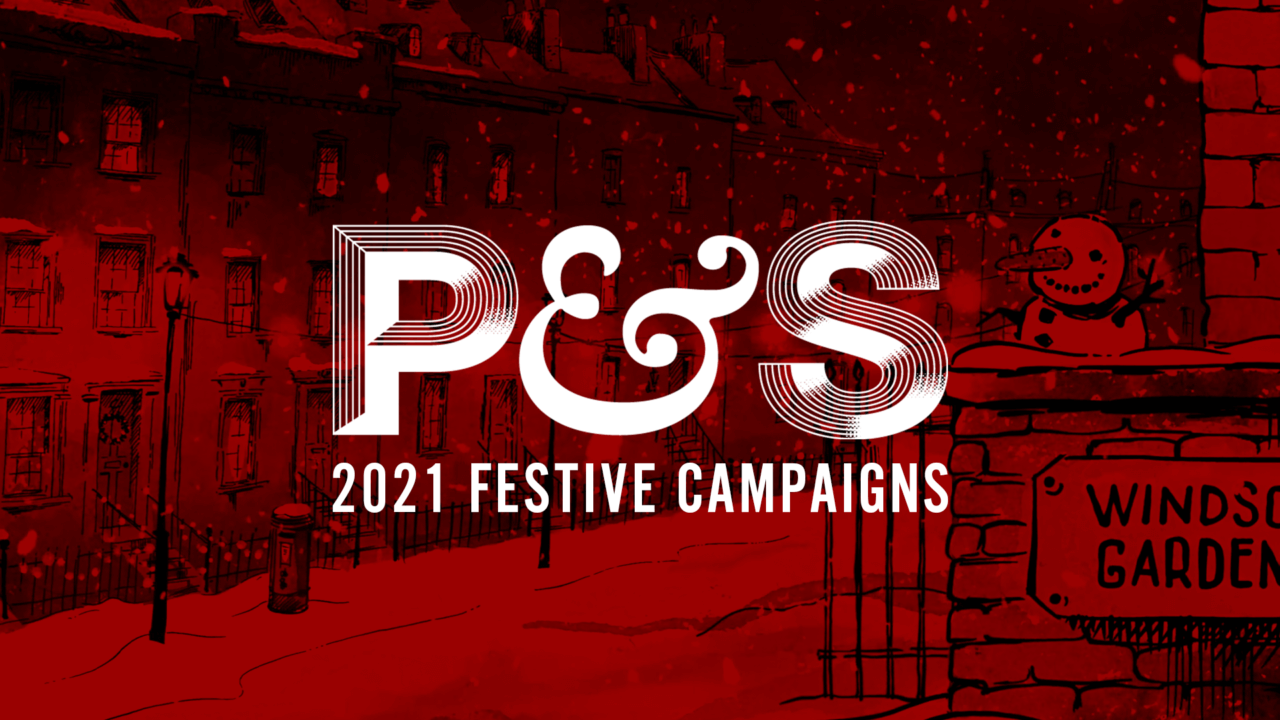Happy New Year. As lockdown returns, the threat to cultural spaces and arts professionals reasserts itself. Yet creativity and ingenuity endures, and maybe even thrives under pressure. Here’s the second in our series talking to leading culture makers and trying to find some hopeful sparks amid the gloom.

CULTURE VS COVID: PAUL ISLES
PAUL ISLES
is a West-end performer turned choreographer, who now runs his own specialist performing arts agency, Isles Management, representing rising and established singers, dancers, actors and choreographers. He’s the dance lecturer at the Wilkes Academy of Performing Arts and teaches and mentors at The Urdang Academy and Eastside Educational Trust. Ordinarily at this time of year Paul would be responsible for seeing 50-60 performers into productions.
What has been your favourite piece of culture that wouldn’t have happened without covid?
I loved the solidarity of the first lockdown. Performers were badly hit because it was hard to get any support. Most of my clients have managed to get the Job Retention Scheme grant but it’s not much. Many had to take on casual work.
What’s great is how performing arts people have stuck together. I laid down a challenge on Instagram and got 15 of the UK’s leading choreographers to stitch together a massive routine, with #CoronaChoreographyChallenge. Each person had to repeat everyone’s previous moves and then add eight counts of their own in any style and nominate someone to follow. The end product was brilliant, and I got to dance and create with people again that I wouldn’t have a chance to ordinarily, as most of us have retired from the spotlight.
Thinking personally, have you explored new opportunities or new ways to create or produce that you wouldn’t have tried if it wasn’t for the pandemic?
There’s been a big change in productions away from studios. A lot of my clients have been self-filming ads – often for big companies – just on their smart phones. They get their roommate or bubble friend to film them, send it to the production team who edit and produce the final TV commercial. It’s all created without anyone leaving their house and they’re often as good as the ones made with huge production budgets. Genius.
What will be the new outlets, the new spaces, the new ways the arts can reach people and also provide performers and creators a means to make a living?
I was lucky enough to be part of a webinar that was live streamed to over 100 schools in and around London reaching over 1500 primary students. It was centred around mental health and its effects on young people, promoting movement as a means to cope. Before covid, we would have been limited to working with select schools and restricted by budget, so I can see live streaming adding real value in the long-term making our work more accessible and reaching more people.
The crisis has been both a revolution and a serious challenge. How have things changed for you?
Theatre has been hard hit without the traditional live stage and audiences, but a lot of actors, dancers and singers have taken to performing online using their house, garden or even their street as their stage. I saw a great video of a drag queen performing on their street with their neighbours at their doors clapping and singing along. I’m sure those neighbours were seeing something like this for the first time, but loving every minute, so performances can happen anywhere and anytime. You can’t keep a good performer down. We love to perform so we all eventually find new outlets.
We’ve seen some great brand-led initiatives; is there more brands could be doing? What’s the best way they could help?
#SaveTheArts is a campaign created by artists that’s helping the theatre world; not just the performers but for stage crew, lighting engineers, directors, choreographers, hair and make-up. Brands could be supporting these grass-roots campaigns and raising awareness. You have artists with no stage, audiences with no shows and brands with creative teams, there must be an opportunity for them all to come together and make something special. As Shakespeare said, “all the world’s a stage”.
What’s the one development that gives you the most reason for optimism?
SIX the musical was the first West End show to re-open its doors on December 5th, nine months after they were forced to close. It’s about Henry VIII’s six wives, has a small cast of six and ironically worked perfectly with the social distancing rule of six. The new lockdown rules have sadly just forced it to close again, but it showed how quickly the West End can come back to life.

